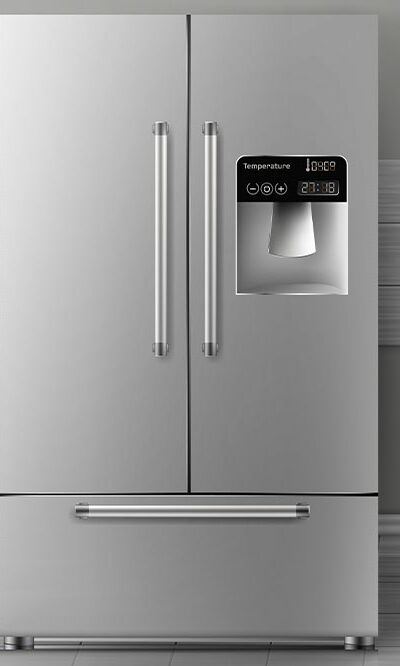
11 things excluded from Medicare coverage
Medicare is a federal health insurance program for people with certain disabilities and people over 65. Original Medicare has two main parts: Part A, which covers the cost of inpatient services, and Part B, which covers the cost of outpatient services and certain medical equipment. Although the program is meant to ease the financial burden of medical costs on people, it can be quite complex to navigate. This article explores 11 things that are excluded from Medicare coverage. 1. Medically unreasonable services and supplies Any services and supplies deemed unnecessary or unreasonable for diagnosis or treatment are not covered by Medicare. These may include: Services that could have been furnished at a lower-cost setting (such as at a nursing home) Services that exceed Medicare length of stay limitations Excessive therapy or diagnostic procedures Unrelated screenings, tests, examinations, or therapies (that the patient has no symptoms for) Unnecessary services based on patient diagnosis, such as transcendental meditation Exceptions to this rule include Medicare preventive services, transitional care management, chronic care management, and advance care planning. 2. Opticians and eye exams While Medicare covers ophthalmologic expenses (such as cataract surgery), it does not cover the cost of most vision services, including eyeglasses and contact lenses or routine examinations for prescription and fitting. Additionally, Medicare does not cover the cost of eye refractions provided by practitioners. Those looking for vision coverage must consider signing up for Medicare Advantage plans. 3. Dental work Original Medicare and Medigap policies do not cover routine dental services such as the care, treatment, filling, or removal of teeth or the structures supporting the teeth (that is, the periodontium, which includes the gingivae, dentogingival junction, periodontal membrane, cementum, and alveolar bone). However, there are certain exceptions for the same. Medicare may cover some dental services, such as an X-ray required for treatment of a jaw or bone fracture, tooth extraction for radiation treatment, oral or dental examination performed prior to a renal transplant or heart valve replacement, or a dental service performed as an integral part of a treatment.










